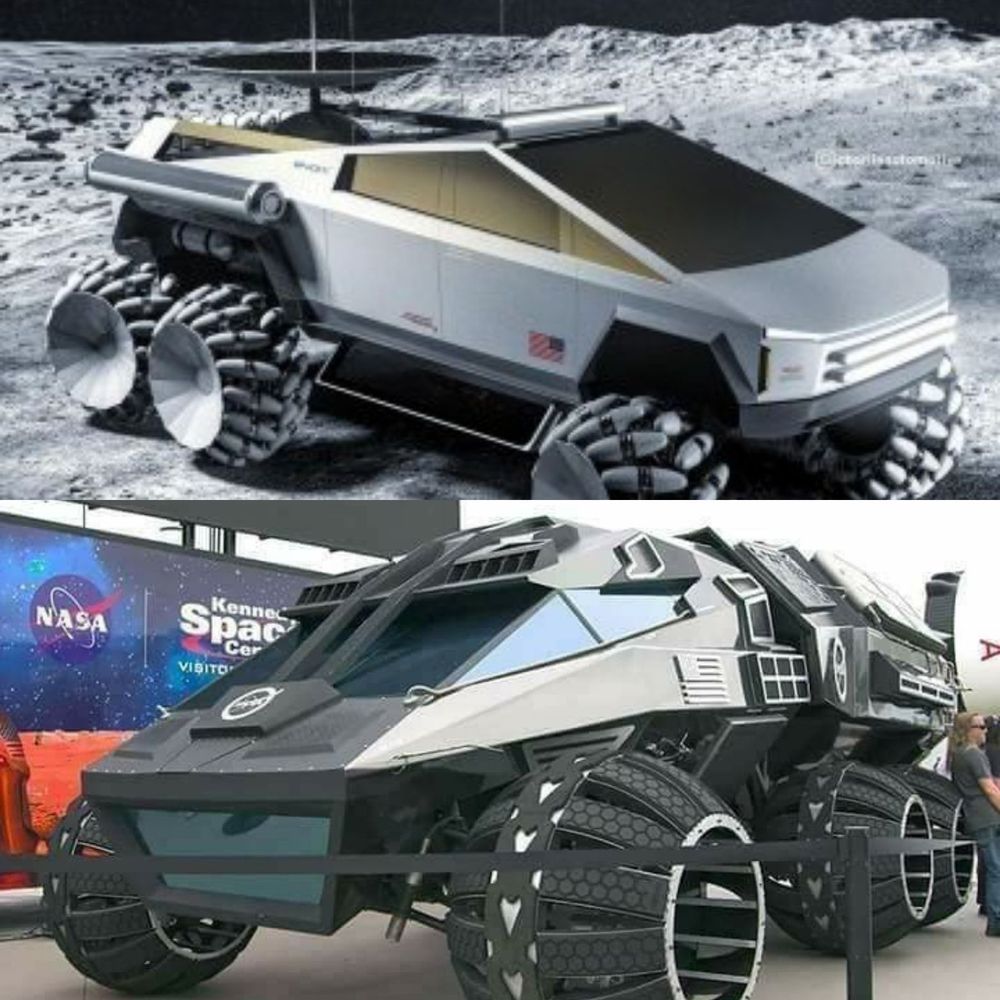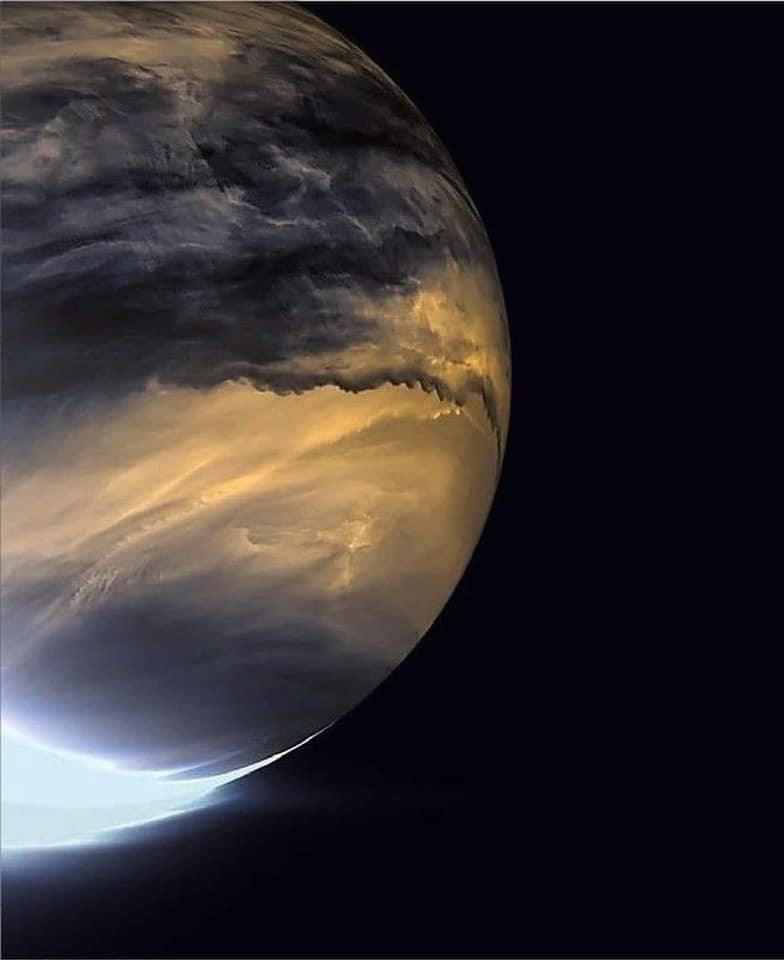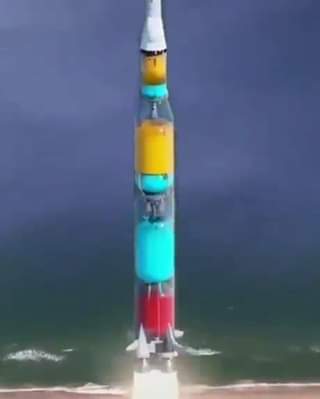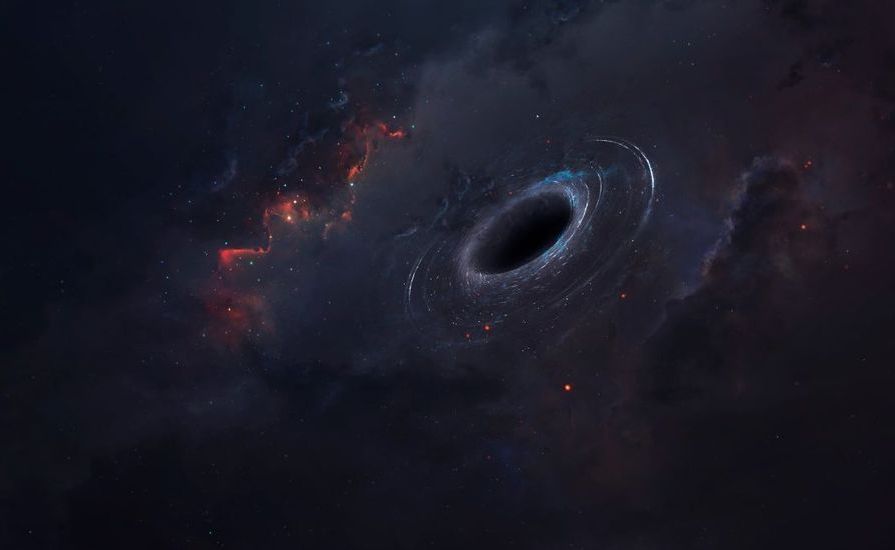The House will vote on legislation next month to remove cannabis from the Controlled Substances Act and erase some marijuana criminal records.
The bill would not legalize the drug, which would be left up to states, but the vote will still be a historic step in the effort to reduce legal penalties related to the drug. House Majority Whip James Clyburn (D-S.C.) said in an email to members that the vote will take place during the September work period.
BREAKING: The U.S. House will vote on a bill to remove cannabis from the Controlled Substances Act.






